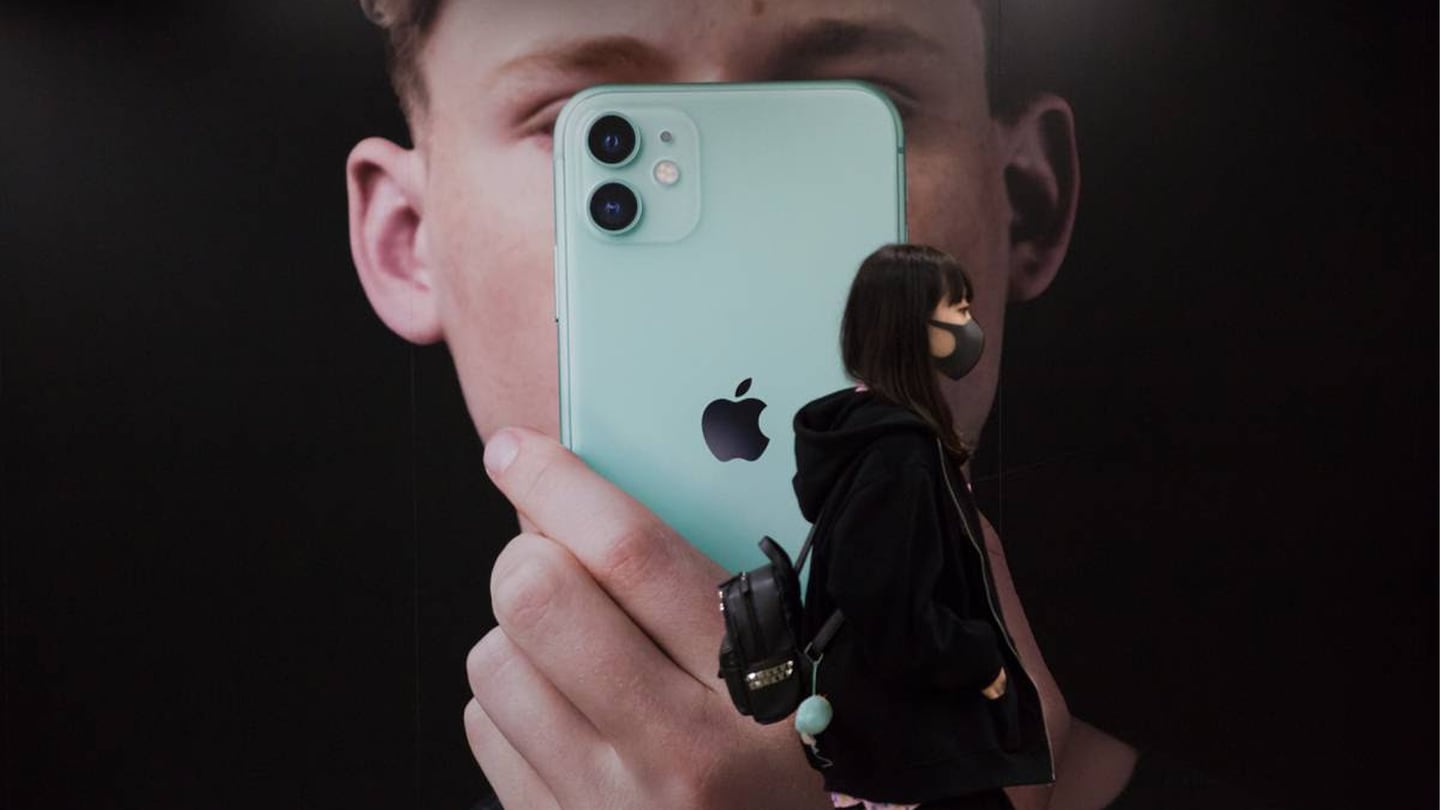
The Business of Fashion
Agenda-setting intelligence, analysis and advice for the global fashion community.

Agenda-setting intelligence, analysis and advice for the global fashion community.

When Adidas said earlier this year it wanted to dramatically expand its membership programme, which offers discounts and other rewards to the brand’s most loyal customers, it had more than Nike in its crosshairs.
Customers enrolled in Adidas’ “Creators Club” volunteer data on who they are and what they buy. It lets Adidas know exactly who its customer is, instead of having to get that profile from outside partners like social media platforms, which have less data to do the job than they used to. Apple’s decision in April to require app developers to ask users’ permission to track their activities is widely seen as a blow to the sort of targeted advertising that forms the cornerstone of digital marketing. A brand hoping to pitch sneakers to college-aged women or new dads can’t find those potential customers if they opt out of letting Apple share their data with advertisers.
The Creators Club and other loyalty programmes like it are one way brands are coping with the new digital reality. So are old-fashioned television commercials — Poshmark is airing more of them because the cost of reaching consumers online soared and the effectiveness of its targeted digital ads fell after Apple’s privacy changes, a spokesperson said.
In each example, the point is the same: if you can’t depend on others to have the data you need to target your best shoppers, you need to find another way.
ADVERTISEMENT
“It’s important to grow your internal database and have an understanding of who your consumers are, instead of relying on outside parties to tell you that,” Chris Murphy, vice president of digital activation for Adidas North America, recently told BoF.
Higher Costs and Lower Accuracy
Apple’s decision wasn’t the first to limit advertisers’ use of data, and won’t be the last. Europe implemented its General Data Protection Regulation in 2018, and California in 2020 instituted a similar privacy act. Apple’s Safari browser blocked third-party cookies — the tiny text files sent to a user’s device to track online activity — by default in 2020, and Google says it will do the same in its Chrome browser by the end of 2023.
While a win for digital privacy, these steps are posing new challenges to fashion brands. Not every shopper uses an Apple device, but in countries such as the US, Apple owns about half the smartphone market and may over-index with shoppers who spend on fashion. Revolve said during a May earnings call that a “substantial majority” of its customers are on Apple products.
Many brands were already finding their costs of advertising online becoming unsustainable. Customer acquisition costs have been rising steadily for years, and despite a dip at the beginning of the pandemic, have continued to be a major expense. Apple’s privacy update means they’ll likely get less in return.
“What we saw across our clients and industry-wide is, in Q3 of 2021, essentially a 30 percent decline in conversion on Facebook and Instagram,” said Calla Murphy, vice president of digital strategy and integrated marketing at Belardi Wong, a marketing strategy and creative services firm with a number of clients in women’s fashion, including ALC, Clare V. and Rebecca Taylor.
Murphy said as much as 80 percent of traffic to the sites of her clients comes from Apple devices. And with the new iOS update, if a user has chosen not to be tracked, companies can’t tell if they’ve actually opened an email or not either. It has meant less ability for brands to measure results on some of their biggest customer acquisition channels.
On Nov. 23, Movado Group chief executive Efraim Grinberg, noted during an earnings call that the new privacy rules raised the cost of digital marketing and “made it more complicated.” Farfetch said during a Nov. 19 call the resulting increases in marketing expenses contributed to lower profits in the quarter. For Poshmark, the hit from the privacy changes caused the resale marketplace to lower its holiday sales forecast, causing its stock to drop by more than a quarter.
ADVERTISEMENT
“The thing with [Apple’s privacy change] is it has really increased the cost of digital advertising and decreased the efficacy when running targeted marketing programs,” Manish Chandra, Poshmark’s founder and chief executive, said during the company’s November earnings call.
New Strategies
Companies are quickly adopting new ways to reach customers. Farfetch has said it’s been successful with push notifications and is leaning more into Apple’s own platform. Apple has been expanding its ad business, allowing developers to give their apps premium positioning in the App Store for instance.
Smaller brands are also refiguring their budgets. The continued increase in online marketing costs and now Apple’s privacy update have led many to try a mix of new and old channels. Murphy said among her clients there’s been a resurgence in direct mail and catalogues, as well as out-of-home marketing such as billboards. Budgets have also shifted toward influencers, connected TV and podcasts.
“Gone are the days where you could build a brand solely on Facebook or solely on Google,” said Murphy. “Brands can no longer rely on a single channel. They really have to be investing in four, five, six different channels to get in front of the consumer.”
Because it can be cheaper to re-engage and retain existing customers than to attract new ones, many of her clients have also been building out their subscription and loyalty programs. As Adidas recognises, these can have another advantage in that they provide companies with a steady stream of data garnered directly from customers. This first-party data is only growing more valuable given the decline of third-party cookies, increasing privacy concerns and the swelling costs of acquiring new customers online. Apple’s iOS changes were just one more factor.
“It seems like all of these things are conspiring to make first-party data more important than ever,” said Eric Best, co-founder and chief executive of SoundCommerce, a software platform that helps brands such as Eddie Bauer collect and make use of their data.
Brands that work with SoundCommerce may ask shoppers on their websites questions or collect their sizing information.
ADVERTISEMENT
Best emphasised, however, that targeted advertising is not about to disappear. The way it works is just changing.
“I don’t see third-party data going away entirely,” Best said. “What we do see is that the means of tracking consumers is evolving.”
Brands that benefited from a drop in customer acquisition costs at the beginning of the pandemic must figure out how to get the most out of their investments as prices rise dramatically.
Big data is making the fashion industry work better. But it needs to be used in the right way, for the right things.
The German sneaker giant is investing for a new era of tech-enabled retail in a bid to close the gap with Nike.

Marc Bain is Technology Correspondent at The Business of Fashion. He is based in New York and drives BoF’s coverage of technology and innovation, from start-ups to Big Tech.
The extraordinary expectations placed on the technology have set it up for the inevitable comedown. But that’s when the real work of seeing whether it can be truly transformative begins.
Successful social media acquisitions require keeping both talent and technology in place. Neither is likely to happen in a deal for the Chinese app, writes Dave Lee.
TikTok’s first time sponsoring the glitzy event comes just as the US effectively deemed the company a national security threat under its current ownership, raising complications for Condé Nast and the gala’s other organisers.
BoF Careers provides essential sector insights for fashion's technology and e-commerce professionals this month, to help you decode fashion’s commercial and creative landscape.